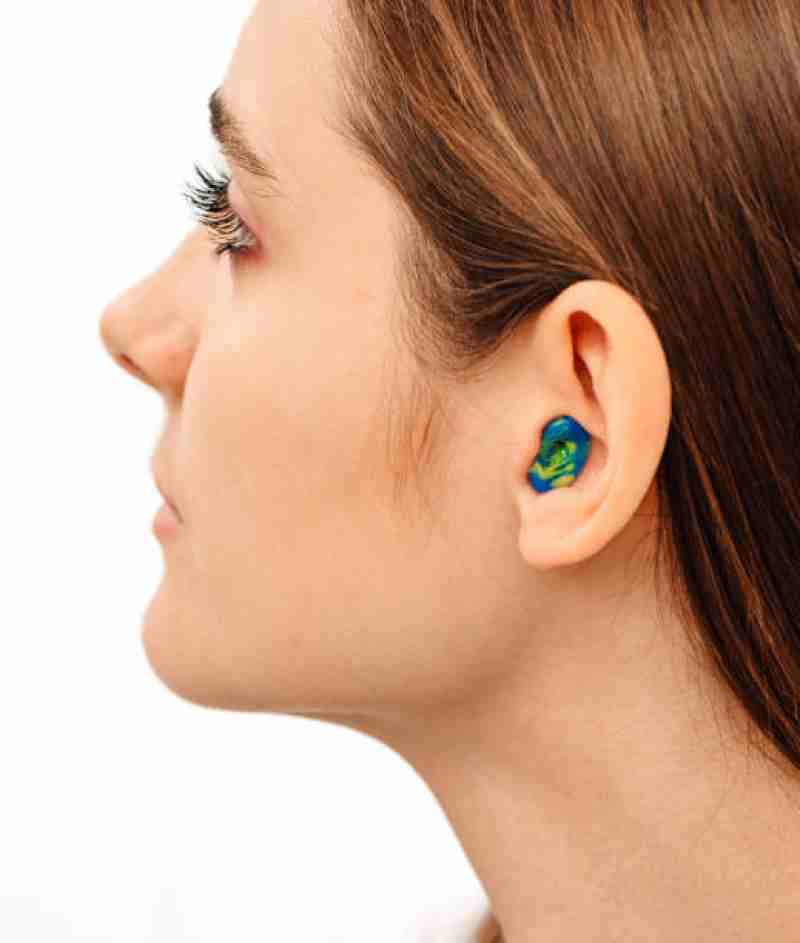Lifestyle
Hearable Technology: Bridging Sound and Intelligence

In the era of digital connectivity, hearable technology has emerged as a revolutionary innovation. These smart audio devices are redefining how we interact with music, health metrics, and digital assistants. Beyond simple listening, hearables serve as intelligent companions capable of monitoring vital signs, managing daily tasks, and enhancing situational awareness. The fusion of audio and technology positions hearable devices at the forefront of wearable innovation.
Core Components of Hearable Technology
Advanced Sensors and Audio Modules
At the heart of hearable technology are miniature sensors and high-fidelity audio modules. Sensors detect physiological signals such as heart rate, blood oxygen levels, and even stress indicators. Coupled with superior audio hardware, these devices deliver crystal-clear sound while providing actionable insights into health and wellness.
Connectivity and AI Integration
Modern hearables leverage AI to process data locally and in the cloud. Wireless connectivity ensures seamless interaction with smartphones, smart home systems, and cloud platforms. By integrating AI, hearable technology offers predictive features, such as adjusting audio based on ambient noise or suggesting health interventions based on user activity patterns.
Applications of Hearable Technology
Health and Lifestyle Optimization
Hearables have become indispensable in health-focused lifestyles. With continuous monitoring of heart rate, physical activity, and sleep patterns, users can gain deeper insights into personal wellness. Athletes benefit from real-time feedback during training, while everyday users receive alerts that help maintain overall health. Hearable technology essentially transforms the ear into a health hub.
Communication and Productivity Enhancements
Voice-activated functions in hearable technology streamline communication. Users can answer calls, compose messages, or interact with digital assistants without touching their devices. For professionals, this creates a hands-free, efficient workflow, seamlessly blending communication and task management in real time.
Immersive Entertainment Experiences
Beyond health and productivity, hearables enhance entertainment. Adaptive sound technology personalizes audio experiences, optimizing music, podcasts, and virtual reality environments. By combining spatial audio and active noise cancellation, hearable technology delivers a deeply immersive auditory experience that surpasses conventional audio devices.
Addressing Challenges in Hearable Technology
Technical Limitations
Despite rapid advancement, hearable technology faces technical limitations. Small form factors restrict battery capacity, computational power, and sensor integration. Engineers continue to innovate, striving for compact designs that retain robust functionality, pushing the boundaries of miniaturized electronics.
Security and Ethical Considerations
As hearables collect personal health and behavioral data, ethical handling of information is critical. Manufacturers must prioritize encrypted storage, transparent data practices, and user consent. Addressing privacy concerns ensures that hearable technology remains both innovative and trustworthy.
Market Trends and Opportunities
The global market for hearable technology is expanding rapidly. Innovations in AI, 5G connectivity, and sensor miniaturization are driving growth. Companies are exploring niche applications, such as hearing assistance, fitness coaching, and augmented audio experiences. The ongoing convergence of audio, AI, and wearables suggests that hearables will play a central role in the next generation of personal technology.
Conclusion
Hearable technology is redefining the relationship between humans and audio devices. By integrating intelligent features with premium sound quality, these devices offer unmatched convenience and versatility. As research and innovation advance, hearables will continue to expand their influence, merging health, productivity, and entertainment into a seamless, intelligent auditory experience.
Source:
Click for the: Full Story
You might like













 Close Menu
Close Menu